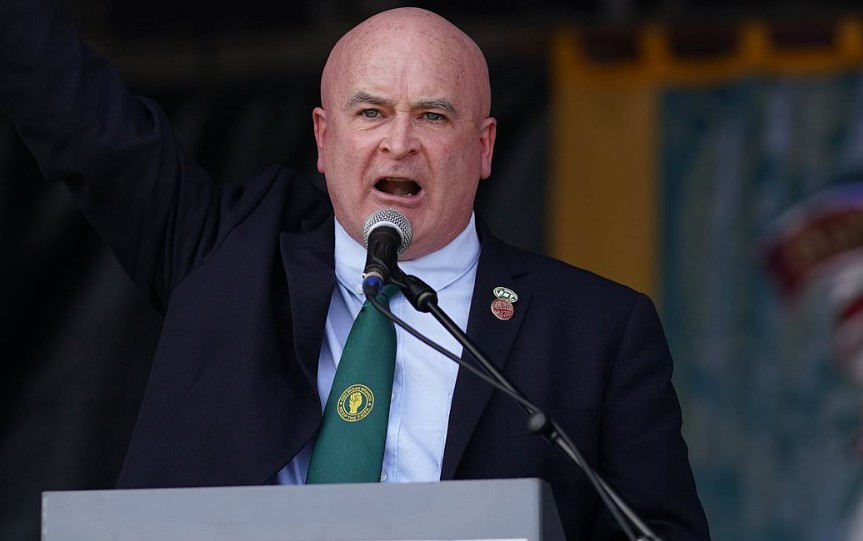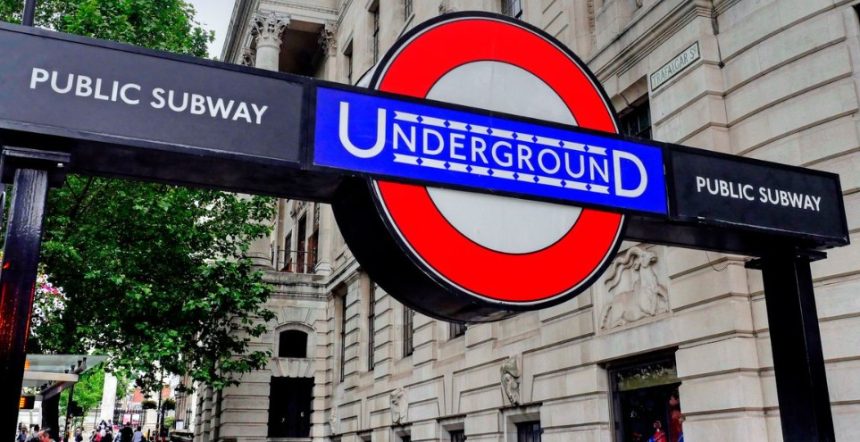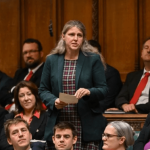Londoners are facing widespread travel chaos as a 24-hour London Underground strike leaves much of the Tube network out of action.
Members of the Rail, Maritime and Transport( RMT) union have walked out in a disagreement over jobs, pensions, and working conditions, grinding a large corridor of the capital’s transport system to a halt.
Major Disruption Across the Tube Network
Transport for London( TfL) has advised passengers to avoid travelling unless absolutely necessary. While a limited number of trains will still operate, severe dislocation is anticipated across all London Underground lines from the launch of service on Monday until 8 a.m. on Tuesday.
Numerous central and south London stations are also closed or operating for defined hours, causing long waits and frustrated commuters.
Services similar to the London Overground, Elizabeth Line, and Wagonettes will continue to run, though they’re anticipated to be far busier than usual.
“I’d like to apologise to London for the impact this strike will have on journeys tomorrow and Tuesday morning.
We know it will be harmful to London and the economy at a time when public transportation is critical to the capital’s recovery,” said Andy Lord, TfL’s Chief Operating Officer.
He urged people to travel only if absolutely essential, warning that “Alternatives to the Tube, such as the bus and rail networks, are likely to be much busier than usual.”
Why Are Tube Workers on Strike?
The RMT has called the strike over fears that TfL’s cost-cutting plans could lead to hundreds of job losses and changes to pension arrangements. According to the union, around 600 positions could be cut and long-standing working agreements scrapped.
TfL, however, insists that no formal proposals on pensions or terms have been made. The organisation says the Government’s funding conditions require it to move towards financial sustainability by April 2023 and that approximately 500 to 600 vacancies are simply not being refilled.
Andy Lord reiterated, “No changes to pensions have been proposed, and no one has or will lose their job as a result of the proposals we have set out.
My message to the RMT is that it is not too late to cancel tomorrow’s strike. Collaborating with us to find a solution avoids the disruption this strike will cause to Londoners and the economy.”
Union Calls for Mayor’s Intervention
The RMT, however, remains defiant. General Secretary Mick Lynch said: “We are demanding a direct face-to-face meeting with Mayor Sadiq Khan to sort this mess out.

It’s pointless for our union to continue to sit opposite management representatives who have neither the desire nor the authority to negotiate a settlement when the Mayor has all the power.”
Union leaders insist that real negotiations can only happen if City Hall directly intervenes. So far, there has been no indication of an immediate meeting between the Mayor and the union.
Economic Fallout Looms
The timing of the strike, coinciding with post-Jubilee recovery and a rise in tourism, has drawn sharp criticism from business leaders.
Richard Burge, Chief Executive of the London Chamber of Commerce and Industry, expressed disappointment, saying: “We are extremely disappointed that the RMT has called for a mass walkout by TfL workers so close to the Queen’s Jubilee Weekend when London will be packed with visitors.”
He added, “London has been hit disproportionately hard in the last two years, and the capital is desperately trying to reclaim some sense of normalcy after a tumultuous two years.”
With the London Underground network in turmoil, commuters are turning to buses, taxis, and bikes, all of which are seeing heavier demand.
TfL has advised Londoners to work from home if possible, as congestion is expected to ripple through the city for the next 24 hours.
“As a result of the strike, TfL is now recommending that Londoners work from home. In the end, this will only harm London’s economy, and it is time for TfL to resolve its dispute with the RMT so we can get back to building prosperity and demonstrating to the world that London is open for business,” said Mr Burge.
As London braces for another day of disruption, there’s a growing sense of frustration among commuters and business owners alike.
Whether through compromise or confrontation, the message from Londoners is clear, the city cannot afford to keep grinding to a halt.






